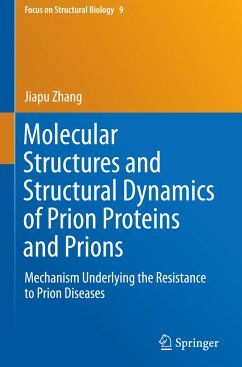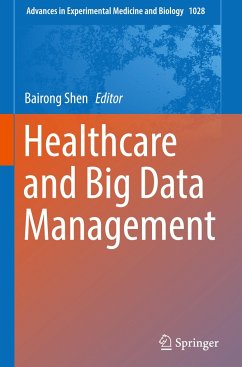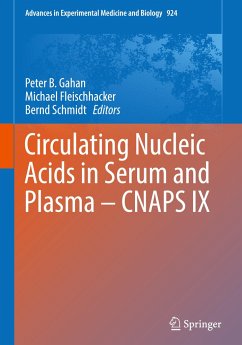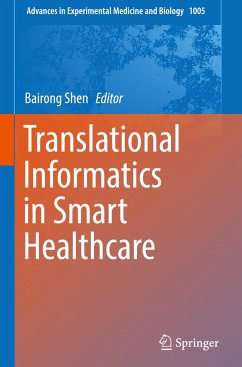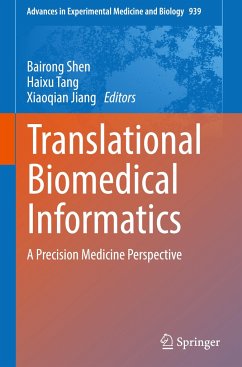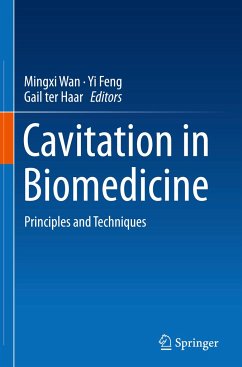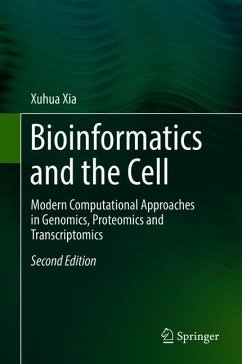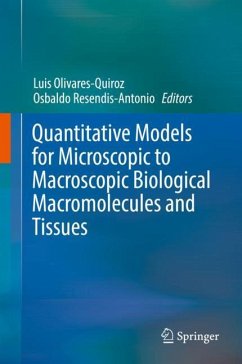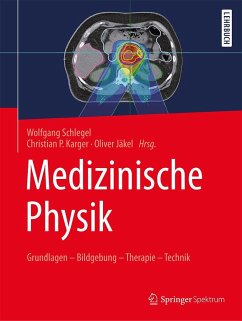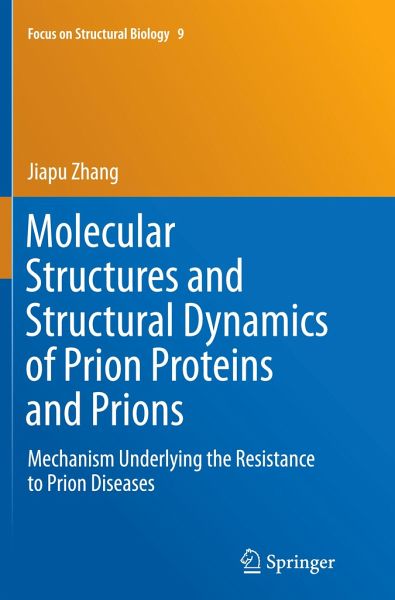
Molecular Structures and Structural Dynamics of Prion Proteins and Prions
Mechanism Underlying the Resistance to Prion Diseases
Versandkostenfrei!
Versandfertig in 6-10 Tagen
113,99 €
inkl. MwSt.
Weitere Ausgaben:

PAYBACK Punkte
57 °P sammeln!
This monograph is the first easy-to-read-and-understand book on prion proteins' molecular dynamics (MD) simulations and on prions' molecular modelling (MM) constructions. It enables researchers to see what is crucial to the conformational change from normal cellular prion protein (PrPC) to diseased infectious prions (PrPSc), using MD and MM techniques. As we all know, prion diseases, caused by the body's own proteins, are invariably fatal and highly infectious neurodegenerative diseases effecting humans and almost all animals for a major public health concern. Prion contains no nucleic acids a...
This monograph is the first easy-to-read-and-understand book on prion proteins' molecular dynamics (MD) simulations and on prions' molecular modelling (MM) constructions. It enables researchers to see what is crucial to the conformational change from normal cellular prion protein (PrPC) to diseased infectious prions (PrPSc), using MD and MM techniques. As we all know, prion diseases, caused by the body's own proteins, are invariably fatal and highly infectious neurodegenerative diseases effecting humans and almost all animals for a major public health concern. Prion contains no nucleic acids and it is a misshapen or conformation-changed protein that acts like an infectious agent; thus prion diseases are called "protein structural conformational" diseases.
PrPC is predominant in -helices but PrPSc are rich in beta-sheets in the form as amyloid fibrils; so very amenable to be studied by MD techniques. Through MD, studies on the proteinstructures and the structural conversion are very important for revealing secrets of prion diseases and for structure-based drug design or discovery. Rabbits, dogs, horses and buffaloes are reported to be the few low susceptibility species to prion diseases; this book's MD studies on these species are clearly helpful to understand the mechanism underlying the resistance to prion diseases. PrP(1-120) usually has no clear molecular structures; this book also studies this unstructured region through MD and especially MM techniques from the global optimization point of view.
This book is ideal for practitioners in computing of biophysics, biochemistry, biomedicine, bioinformatics, cheminformatics, materials science and engineering, applied mathematics and theoretical physics, information technology, operations research, biostatistics, etc. As an accessible introduction to these fields, this book is also ideal as a teaching material for students.
PrPC is predominant in -helices but PrPSc are rich in beta-sheets in the form as amyloid fibrils; so very amenable to be studied by MD techniques. Through MD, studies on the proteinstructures and the structural conversion are very important for revealing secrets of prion diseases and for structure-based drug design or discovery. Rabbits, dogs, horses and buffaloes are reported to be the few low susceptibility species to prion diseases; this book's MD studies on these species are clearly helpful to understand the mechanism underlying the resistance to prion diseases. PrP(1-120) usually has no clear molecular structures; this book also studies this unstructured region through MD and especially MM techniques from the global optimization point of view.
This book is ideal for practitioners in computing of biophysics, biochemistry, biomedicine, bioinformatics, cheminformatics, materials science and engineering, applied mathematics and theoretical physics, information technology, operations research, biostatistics, etc. As an accessible introduction to these fields, this book is also ideal as a teaching material for students.



